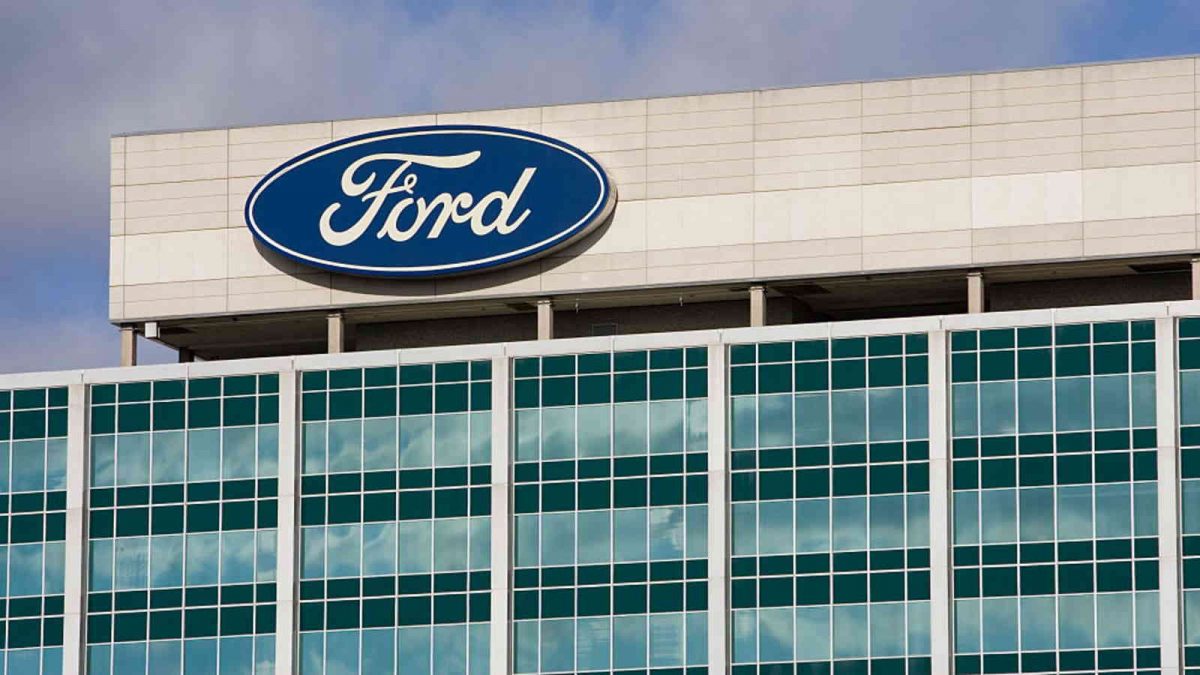US auto giant Ford Motor on Thursday said it has scrapped joint venture plans with Chinese company Zotye Automobile to roll out electric vehicles. The move also appears to be part of the ongoing decoupling of American corporates from the dragon economy.
Ford said that the decision had been taken as China's electric vehicle industry and government policies have undergone major changes since the agreements were signed in 2017 and 2018.
The US auto major said it would pursue a more "flexible business model in China that would see it utilise its existing operations in the country and elsewhere."
In 2017, during a visit by former U.S. President Donald Trump to China, Ford and Zotye said that they would invest a combined $756 million to set up a 50-50 joint venture in China to build small electric cars. This was followed, a year later, with the two companies signing a memorandum of understanding for another joint venture to make electric vehicles for taxi fleets.
US companies had been eyeing the fast-growing Chinese market as sales of electric, plug-in hybrid and hydrogen-powered vehicles in China are forecast to rise to 20% of new car sales by 2025 from 5% present.
Decoupling from China
However, with the change in US policy towards China after the coronavirus pandemic triggered from Wuhan and belligerent foreign policy, American companies appear to be keen to decouple from China.
Several big corporates such as Apple have already started moving their supply chains outside China.
Former US President Donald Trump had kicked off the campaign to decouple the US economy. He had also urged the European countries to do likewise.
Trump had in an executive order last November accused China of increasingly exploiting U.S. capital to enable the development and modernization of its military.
The order, which came into effect on Jan. 11, bars "any United States person" from holding securities, directly or through funds, in companies deemed to have links to China's military. Investors already holding such assets will have to dispose of them by November 2021.
The US has blacklisted more than 40 Chinese firms as being linked to the Chinese military. The names include telecom equipment giant Huawei, leading smartphone maker Xiaomi and semiconductor behemoth SMIC. The country's top mobile carriers China Mobile and China Telecom, which were delisted from New York from Jan. 11, as well as Hikvision, the world's top surveillance camera maker, and Inspur, a leading Chinese server maker also figure on the list.




















